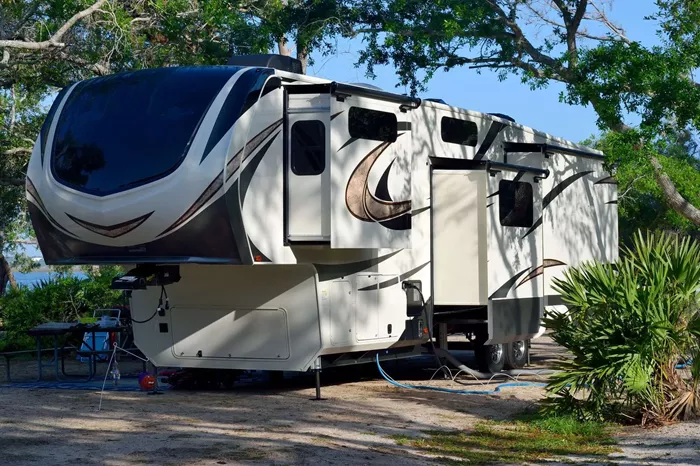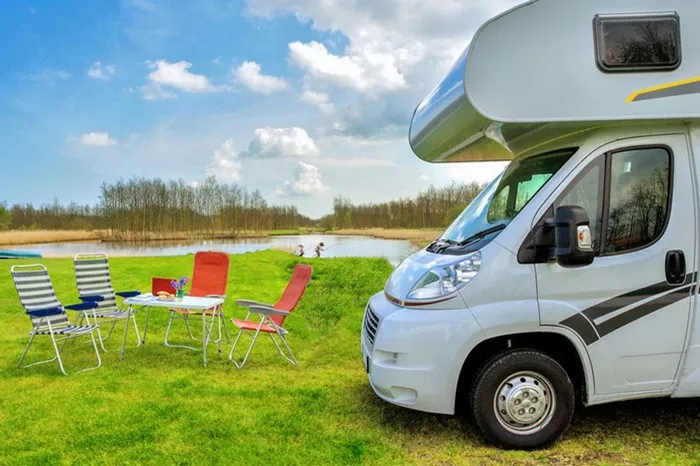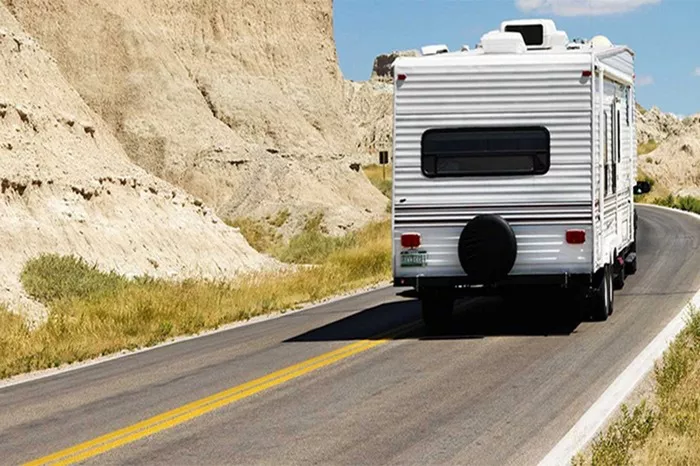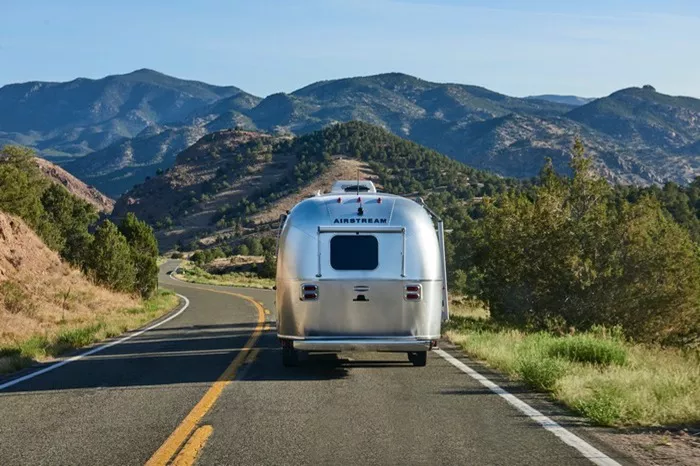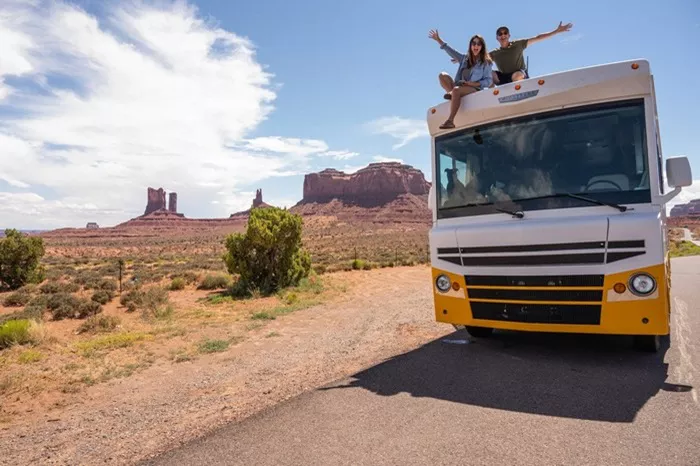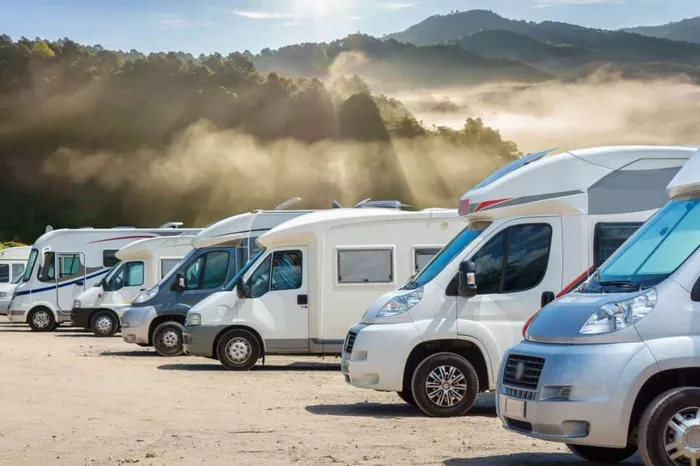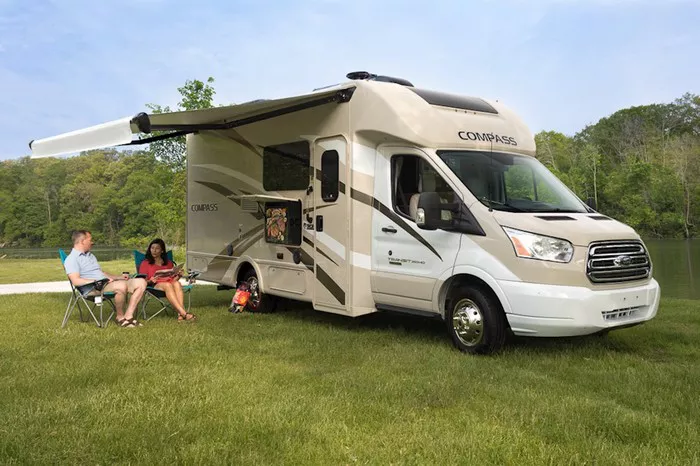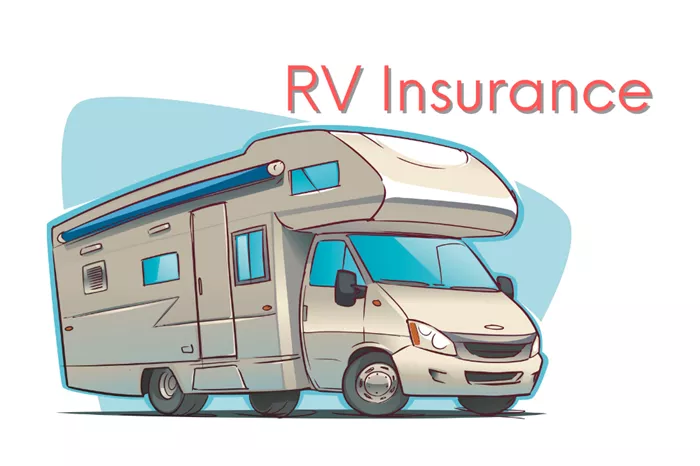RV gap insurance is a type of coverage that can protect you in specific situations. Understanding what RV gap insurance is and whether it is worth it for you is essential. This article explores the benefits and drawbacks of RV gap insurance, how it works, and factors to consider when deciding if it’s right for you.
What is RV Gap Insurance
1. Definition of Gap Insurance
RV gap insurance is designed to cover the difference between the amount you owe on your RV loan and the amount your insurance will pay if your RV is totaled. This gap can arise if the RV’s value has depreciated faster than your loan balance.
Coverage Explained
Gap insurance covers the financial gap between your RV’s actual cash value and the remaining balance on your loan. If your RV is declared a total loss, gap insurance can help pay off your loan.
Why It’s Needed
RV values depreciate quickly, which can lead to a situation where you owe more than the RV is worth. Gap insurance helps protect you from this financial risk.
2. How Gap Insurance Works
Gap insurance works by paying the difference between the loan balance and the insurance payout. Here’s how it typically functions:
Total Loss Scenario
If your RV is totaled due to an accident or other covered event, your standard insurance will pay the RV’s actual cash value. Gap insurance covers any remaining balance you owe on your loan.
Coverage Limits
Gap insurance generally covers the difference between your insurance payout and loan balance up to a certain limit. Review your policy to understand these limits.
Benefits of RV Gap Insurance
1. Financial Protection
One of the main benefits of gap insurance is financial protection. It helps you avoid significant out-of-pocket expenses if your RV is totaled.
Reduces Financial Burden
Without gap insurance, you may need to pay the remaining loan balance out of pocket. Gap insurance helps reduce this financial burden.
Protects Your Investment
By covering the gap, gap insurance protects your investment in the RV. It ensures you are not left paying off a loan for an RV you no longer have.
2. Peace of Mind
Gap insurance provides peace of mind by ensuring that you will not face unexpected financial challenges if your RV is declared a total loss.
No Unexpected Costs
Knowing that gap insurance covers the difference can alleviate concerns about unexpected costs after a total loss.
Confidence in Coverage
Gap insurance gives you confidence that you are fully covered in case of a significant loss.
Drawbacks of RV Gap Insurance
1. Cost of Coverage
One potential drawback of gap insurance is the cost. It is an additional expense on top of your regular RV insurance premiums.
Premiums
Gap insurance premiums can add to your overall insurance costs. Consider whether the cost is justified by the coverage it provides.
Comparing Costs
Compare the cost of gap insurance with the potential financial risk to determine if it is worth the investment.
2. Limited Coverage
Gap insurance may not cover all situations. Understanding the limitations of the coverage is important.
Coverage Exclusions
Review your gap insurance policy for exclusions or limitations. Some policies may have specific conditions that affect coverage.
Policy Terms
Understand the terms of your gap insurance policy. Ensure it aligns with your needs and expectations.
see also: Top 5 Best RV Travel Insurance
Factors to Consider When Deciding on RV Gap Insurance
1. Value of Your RV
The value of your RV can influence whether gap insurance is worth it. Newer RVs or those with high loan balances may benefit more from gap insurance.
Depreciation Rate
New RVs depreciate quickly. If your RV’s value is decreasing faster than your loan balance, gap insurance may be more beneficial.
Loan Balance
A high loan balance compared to your RV’s value increases the likelihood of needing gap insurance. Assess your loan balance in relation to your RV’s value.
2. Loan Terms and Coverage
Consider the terms of your loan and the coverage provided by your insurance policy when deciding on gap insurance.
Loan Duration
Longer loan terms can increase the gap between your RV’s value and loan balance. Gap insurance may be more relevant for longer loans.
Insurance Coverage
Evaluate your current insurance coverage. Ensure it provides adequate protection and understand how gap insurance complements it.
3. Personal Financial Situation
Your personal financial situation plays a role in deciding whether gap insurance is worth it. Consider your ability to cover potential gaps out of pocket.
Financial Stability
If you have the financial stability to cover a potential gap without hardship, you might reconsider purchasing gap insurance.
Risk Tolerance
Assess your risk tolerance. If you prefer the security of knowing you’re covered, gap insurance may be worth the cost.
When RV Gap Insurance is Worth It
1. New RV Purchases
Gap insurance is often worth considering for new RV purchases. New RVs depreciate quickly, making gap insurance beneficial in case of a total loss.
Rapid Depreciation
New RVs lose value rapidly. Gap insurance helps cover the difference between the depreciated value and loan balance.
High Loan Balances
If you have a high loan balance on a new RV, gap insurance can protect you from significant out-of-pocket costs.
2. Long-Term Loans
Long-term loans increase the likelihood of having a gap between the RV’s value and the loan balance. Gap insurance can be valuable in these situations.
Extended Loan Terms
Extended loan terms can lead to a larger financial gap if the RV is totaled. Gap insurance helps bridge this gap.
Lower Payments
Longer loan terms often come with lower monthly payments but higher overall interest costs. Gap insurance can mitigate the risk of financial loss.
3. High-Value RVs
For high-value RVs, the cost of gap insurance may be justified by the potential financial risk.
Significant Investment
High-value RVs represent a significant investment. Gap insurance provides added protection for this investment.
Potential Loss
The potential financial loss from a high-value RV being totaled can be substantial. Gap insurance helps manage this risk.
When RV Gap Insurance May Not Be Necessary
1. Older RVs
For older RVs with lower loan balances, gap insurance may not be as necessary. The depreciation rate slows down over time.
Reduced Depreciation
Older RVs depreciate at a slower rate. The gap between the RV’s value and loan balance is typically smaller.
Loan Balance
If your loan balance is low compared to the RV’s value, the need for gap insurance diminishes.
2. Paid-Off RVs
If your RV is paid off or you have a significant down payment, gap insurance may not be needed.
No Loan Balance
With no loan balance, there is no financial gap to cover. Gap insurance is irrelevant in this situation.
Financial Security
If you have substantial financial security, the risk of a gap is minimal. Evaluate whether gap insurance aligns with your financial situation.
Alternatives to RV Gap Insurance
1. Increasing Coverage Limits
Increasing the coverage limits on your RV insurance may help cover more potential costs without needing gap insurance.
Higher Coverage Limits
Review your insurance policy and consider increasing coverage limits. This can provide more protection for potential losses.
Evaluate Costs
Compare the costs of higher coverage limits with gap insurance to determine the best option.
2. Emergency Fund
Maintaining an emergency fund can provide financial protection similar to gap insurance. An emergency fund can cover unexpected costs.
Financial Cushion
An emergency fund acts as a financial cushion for unexpected expenses. It can help cover gaps without purchasing additional insurance.
Budget for Emergencies
Regularly contribute to your emergency fund and budget for potential expenses. This can provide peace of mind in place of gap insurance.
Conclusion
RV gap insurance provides valuable protection by covering the financial gap between your RV’s value and your loan balance if your RV is totaled. It is especially worth considering for new RV purchases, long-term loans, and high-value RVs. However, it may not be necessary for older RVs or those with low loan balances. Evaluate the benefits and drawbacks of gap insurance, consider alternatives, and assess your personal financial situation to determine if it is a worthwhile investment for you. Understanding your insurance needs and financial risk can help you make an informed decision about whether RV gap insurance is right for you.

